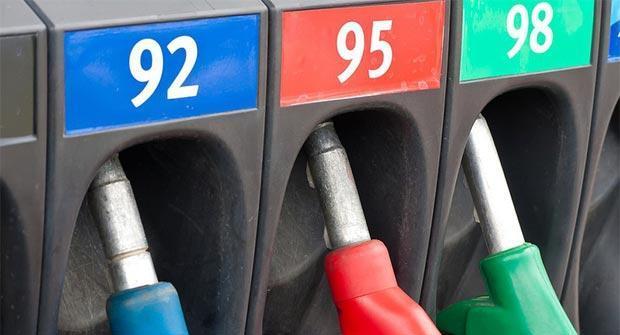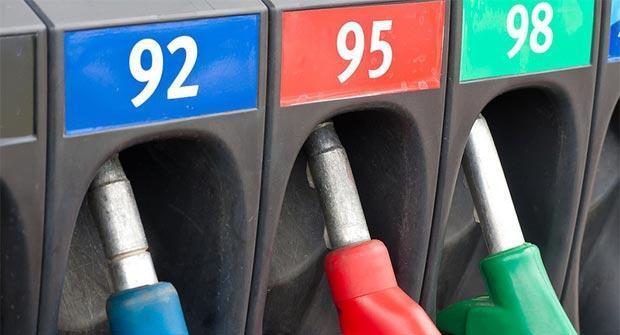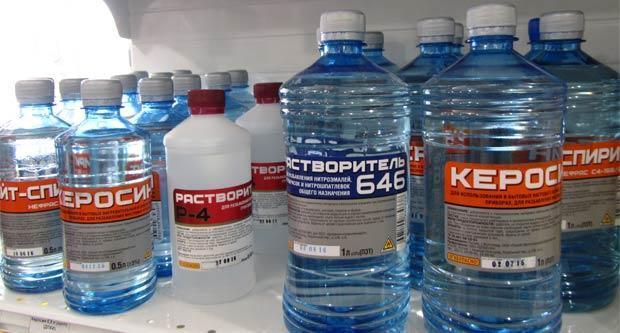
Does kerosene have an octane number?
Content
Fuel octane and its role
The octane rating is a measure of the performance of a fuel. It is measured relative to pure isooctane, which is assigned a conditional value of 100. The higher the octane rating, the more compression will be required to detonate the fuel.
On the other hand, octane is not only a rating scale used to classify gasoline according to its anti-knock properties, but also a real-life paraffinic hydrocarbon. Its formula is close to C8H18. Normal octane is a colorless liquid found in boiling oil at about 124,60C.
Conventional gasoline is (excluding the influence of the ethanol component) a mixture of several hydrocarbons. Therefore, the octane number is calculated as the number of octane atoms in a gasoline molecule.
Is all of the above true for kerosene as a fuel?


The controversy of some points and arguments
Despite the common origin and similarity in chemical composition, kerosene differs significantly from gasoline from a physicochemical point of view. The differences are as follows:
- Technically, any kerosene is much closer to diesel fuel, which, as you know, is characterized by a cetane number. Therefore, kerosene can be used in diesel cycle engines, which rely on spontaneous detonation of pressurized fuel. Kerosene is not used in internal combustion engines, except for small piston aircraft.
- The flash point of kerosene varies greatly by brand, so the conditions for its ignition in the engine will also be different.


- Some old textbooks and reference books give so-called conditional octane numbers for diesel fuel. Their value is 15…25. This is negligible compared to those for gasoline, but you must take into account the fact that diesel fuel is burned in a completely different type of engine. Diesel has low volatility, low knock resistance, and at the same time high energy per unit volume.
- The fundamental difference between gasoline and kerosene is that kerosene is actually a mixture of more than one linear or branched alkane hydrocarbon, none of which has double or triple bonds. For its part, octane is one of the alkane groups of hydrocarbons, and is the main component of gasoline. Therefore, it was possible to determine the so-called octane number of kerosene only after somehow separating one alkane hydrocarbon from another.


How to determine the effectiveness of kerosene as a fuel?
In any case, not in terms of octane number: it does not exist for kerosene. Numerous experiments that were carried out in the laboratory, and not in industrial conditions, gave a significant discrepancy in the final results. This is explained as follows. During the distillation of crude oil, an intermediate fraction between gasoline and kerosene is formed, often called naphtha or naphtha. Raw naphtha is unsuitable for blending with gasoline, as it reduces its octane number. Naphtha is also not suitable for blending with kerosene because, in addition to performance considerations, it lowers the flash point. Therefore, naphtha is in most cases subjected to steam reforming to produce fuel gas or synthesis gas. The products of distillation during the production of kerosene may have a different fractional composition, which is not constant even within the same batch of oil product.
In conclusion, we note that aviation kerosene TS-1 is used as a fuel for jet aircraft. A jet engine is a gas turbine where combustion continues in a combustion chamber. This distinguishes such engines from diesel or gasoline engines, where ignition occurs at a required stage in the thermodynamic cycle. For such kerosene, it is also more correct to calculate the cetane number, and not the octane number.
Consequently, for kerosene there is not, and cannot be, an analogue with the octane number of gasoline.


Watch this video on YouTube
